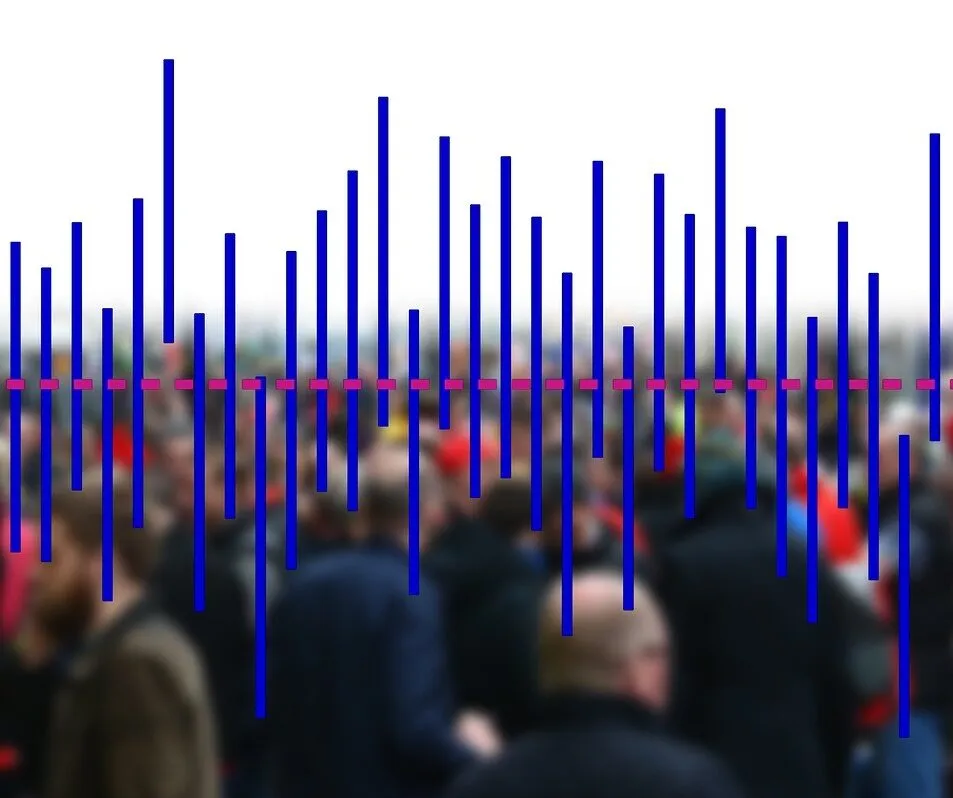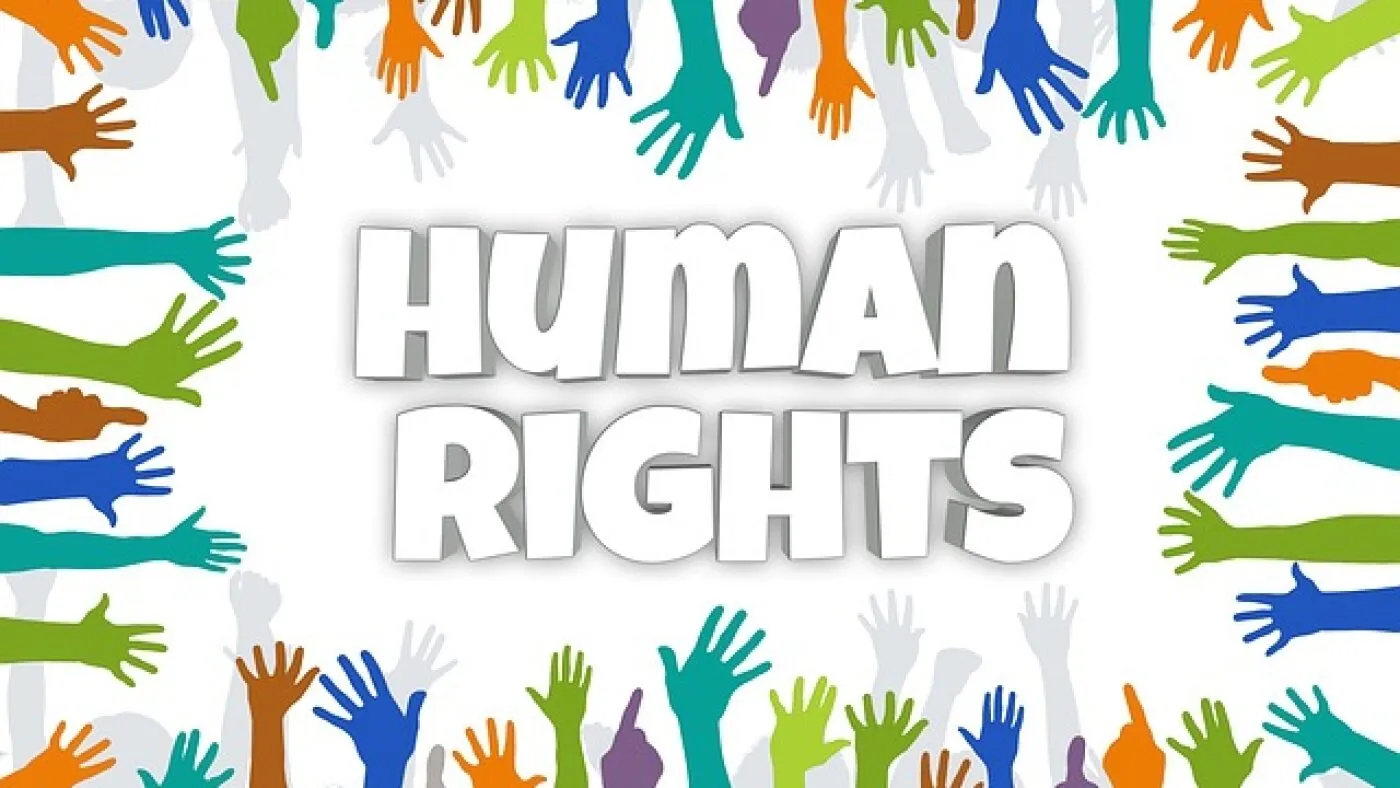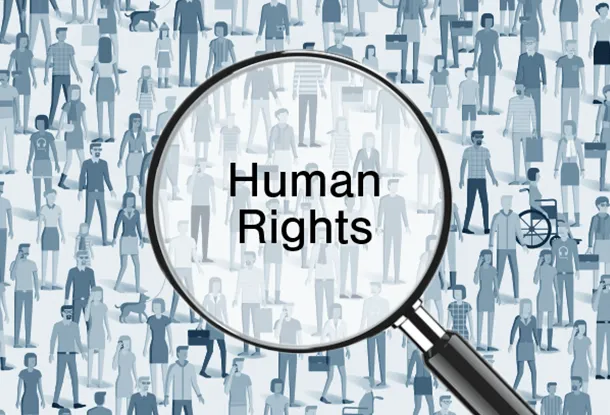Human rights data sources play an extremely important role in protecting and promoting human rights worldwide. International organizations, governments, and non-governmental organizations (NGOs) rely on these data sources to monitor, analyze, and develop measures to ensure the rights of individuals and communities. These data not only shed light on human rights issues but also help shape policies and strategies for more effective protection of rights.
Types of human rights data sources
Human rights data sources can be categorized into three main groups: primary data, secondary data, and community-sourced data. Each type of data plays a distinct role in providing comprehensive information about human rights violations and trends.
Primary data sources
These are direct data collected from international organizations such as the United Nations (UN), Amnesty International, and Human Rights Watch. Additionally, governments and state agencies are also reliable providers of primary human rights data sources.
Secondary data sources
These are research reports from non-governmental organizations, academic papers, and articles. These sources help clarify and analyze human rights events and trends based on previously collected data.
Community-sourced data
With the advancement of technology, human rights data is increasingly being gathered from crowdsourcing platforms. Tools like HuriSearch and UPR Info collect information from communities, social media, and local journalism to enrich the pool of human rights data sources.

Key organizations providing human rights data sources
There are numerous organizations worldwide that provide data related to human rights. Below are some of the most prominent:
United nations (OHCHR)
Provides annual reports and human rights databases from member states. This organization plays a key role in monitoring and reporting on global human rights issues.
Amnesty international
Known for publishing detailed reports and analyses on human rights violations around the world.
Human rights watch
Focuses on investigating and reporting on human rights issues by region and specific topics, from women’s rights to freedom of expression.
Freedom house
Specializes in assessing freedom and human rights across countries globally, with a particular focus on freedom of speech and press freedom.
HuriSearch
A specialized search engine for human rights issues, offering access to thousands of human rights data sources from organizations and institutions worldwide.
How to access and use human rights data sources
To access and use human rights data sources, users can go directly to the websites of organizations such as the United Nations, Amnesty International, and Human Rights Watch, or utilize specialized search tools like HuriSearch. This data can be used for academic research, media reporting, and human rights advocacy campaigns. Additionally, many organizations also provide free data access tools for the public.
Challenges in using human rights data sources
Despite the abundance of sources providing human rights data, the processes of collecting and verifying this data present significant challenges. Several key difficulties arise in this context:
Authenticity and reliability
Not all human rights data sources are trustworthy, particularly those originating from countries where governments tightly control information dissemination. Organizations tasked with collecting data must implement rigorous verification processes to ensure the accuracy and reliability of the information they gather. This is crucial, as inaccurate data can lead to misguided conclusions and ineffective advocacy efforts.
Accessibility
Accessing human rights data is not always straightforward for the public or researchers. In regions experiencing conflict or where freedom of information is restricted, obtaining reliable data becomes even more challenging. This lack of accessibility hinders efforts to address human rights violations and can delay necessary interventions.

Discrepancies in data origins
Disagreements may arise between countries and international organizations regarding the validity of reports and data. Some governments may dispute findings from human rights organizations, claiming bias or inaccuracies. This can lead to conflicts in information and complicate efforts to create a unified understanding of human rights conditions in various regions.
Overall, addressing these challenges is essential for enhancing the effectiveness of human rights advocacy and ensuring that data sources are both accurate and accessible.
The Future of collecting human rights data sources
With technological advancements, the collection and analysis of human rights data sources are becoming increasingly efficient. Innovations like artificial intelligence (AI) and big data are transforming how data is gathered and processed, allowing for quicker and more accurate insights.
AI tools can analyze vast amounts of data from various platforms, identifying patterns and trends that may not be evident to human analysts. This capability enables organizations to respond proactively to human rights violations by providing timely recommendations. For instance, machine learning algorithms can monitor social media and news articles to detect emerging issues, facilitating faster responses from NGOs and international bodies.
Furthermore, the integration of big data analytics enhances the ability to correlate diverse data points, leading to a comprehensive understanding of systemic human rights issues. By aggregating information from government reports, community feedback, and other sources, researchers can create nuanced pictures that inform advocacy efforts.
Collaboration between international organizations and tech companies also opens new opportunities for protecting human rights. Innovative platforms can provide real-time access to human rights data sources, making it easier for activists and policymakers to obtain critical information. Tools like HuriSearch not only aggregate data but enhance search capabilities, ensuring users find reliable information efficiently.
However, the future of human rights data collection faces challenges related to data privacy and security. The risk of technology being used to monitor dissent in authoritarian regimes underscores the need for ethical guidelines in utilizing these tools.
In summary, the future of collecting human rights data sources is set for significant transformation, driven by technological advancements. By leveraging AI and big data, organizations can enhance their capacity for monitoring and advocating for human rights effectively.

Conclusion
Accessing and using human rights data sources is essential to ensuring the rights of every individual. However, this also requires transparency and authenticity from the organizations providing the data. Organizations and governments must collaborate closely to facilitate easier collection and access to human rights data sources, thereby protecting human rights globally.


